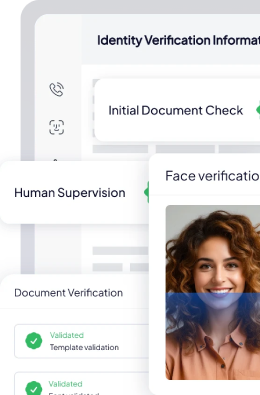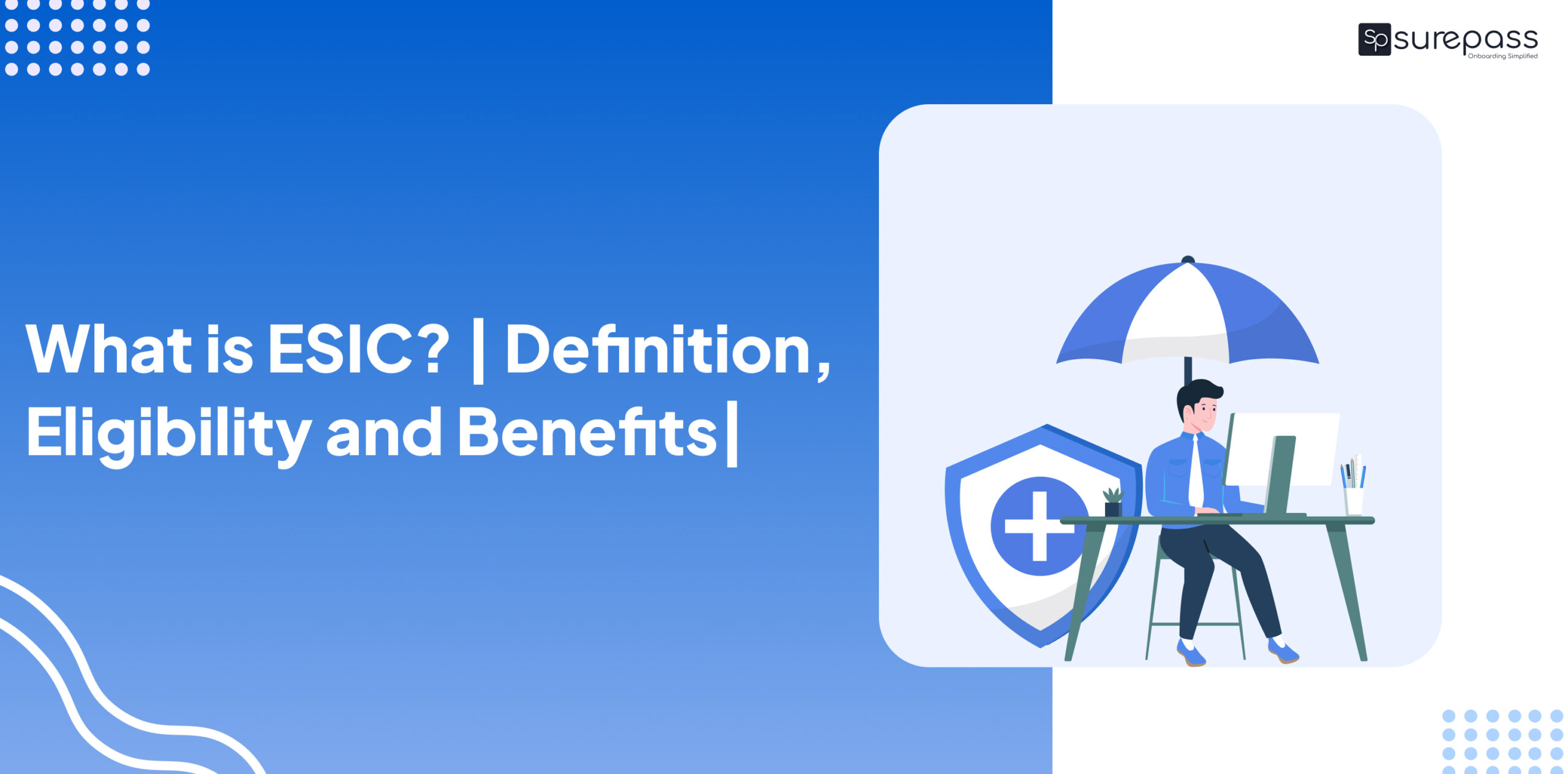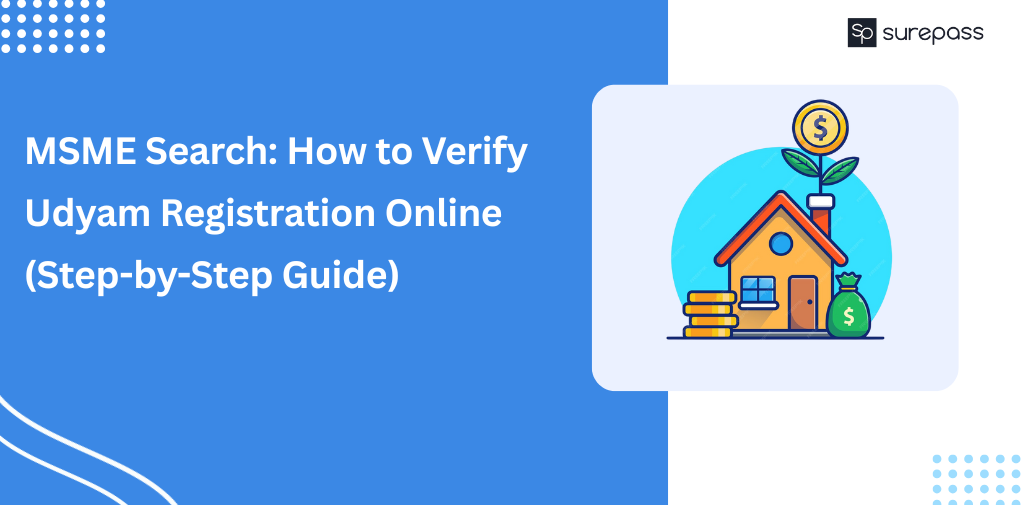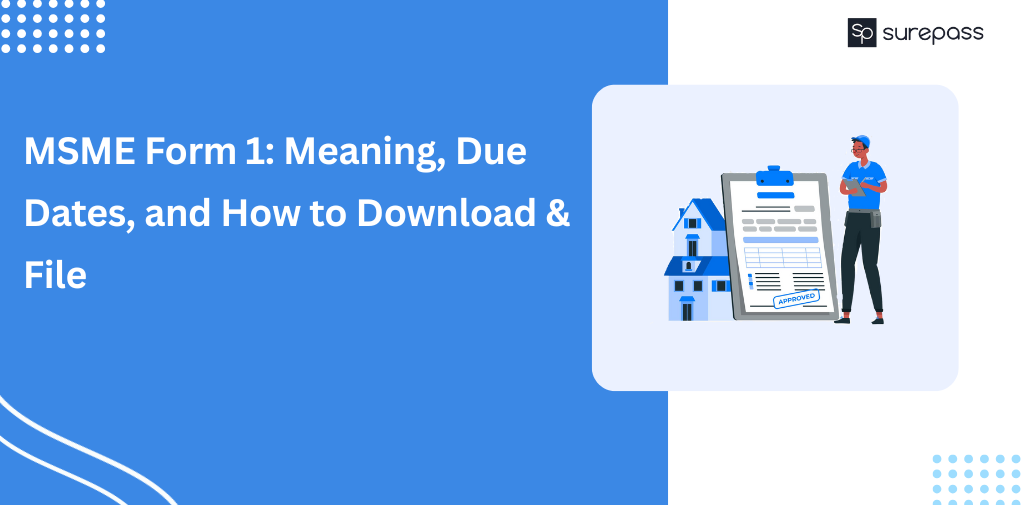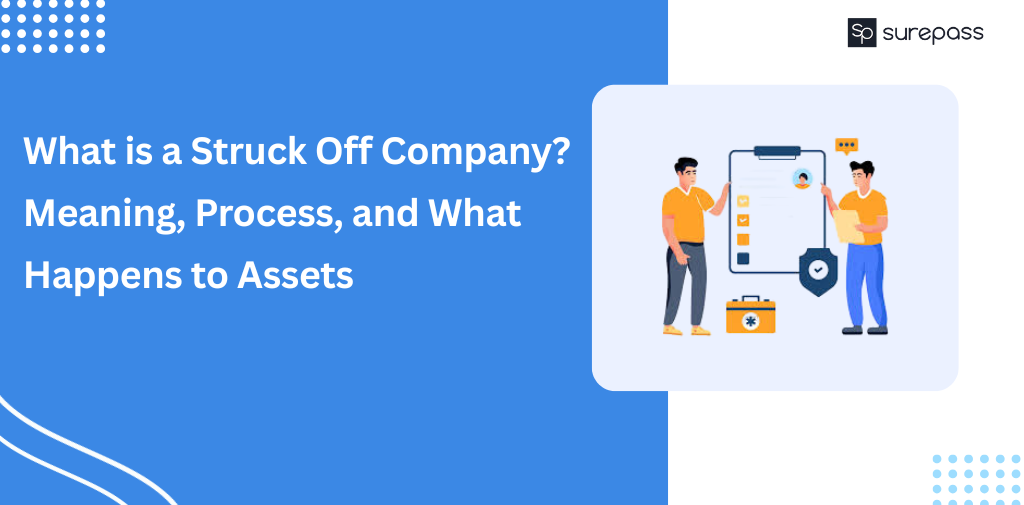What is ESIC?
Consider that you have a friend named Alex who works for a company. When Alex becomes ill, he has to visit the doctor. But you must know that visiting a doctor might be expensive. And that’s where ESIC comes in!
Employees’ State Insurance Corporation, or ESIC for short, acts as a safety net for employees like Alex. It’s kind of like a special club that Alex and the company are part of. Every month, a small part of Alex’s salary and a bit from the company’s side go into this club.
ESIC might be compared to an insurance program that supports employees when they have illnesses or accidents at work. When circumstances are rough, it makes sure that workers have access to financial assistance and medical care, making sure they are taken care of. In exchange for their contributions, employees and their employers receive medical care and occasionally financial assistance when they are in need.
Also, at Surepass we also have the ESIC Verification API which will help you to verify details related to your ESIC Account by just entering a few details. We provide 100+ API’s for different use cases like Aadhaar verification API, Pan Verification API, GST verification API, and many more.
Features of ESIC
We will explore the specifics of ESIC’s coverage, donations, and collection method in more detail below:
Coverage Obligation:
The owner or the boss of a non-seasonal manufacturing company who has their employees of more than 10 people (20 in few states), they are responsible for making these employees enroll for ESIC because it is mandatory. Along with factories, the project extends its protection over transportation, active construction sites, and industries. In a remarkable extension, some jurisdictions have even approved a larger reach that includes employees at private and medical institutions as well as employees of shops, hotels, restaurants, and newsstands.
Efforts to Promote Collective Resilience
Imagine a collaborative collaboration where companies and employees work together to build a solid financial foundation. Employers contribute a sizable amount—3.25% of an employee’s salary—while employees chip in with a contribution of 0.75% of their monthly wages. This coordinated effort highlights the program’s long-term viability. Additionally, state governments add to this ecosystem by spending money on medical benefits, with a reasonable yearly cap of INR 1,500 per insured individual.
Integrated Dynamics:
Imagine a sensible coverage criteria that includes people making up to INR 21,000 per month. The limit for people with impairments has been raised to INR 25,000 as part of this inclusive strategy. This intentional inclusiveness demonstrates the program’s commitment to accepting a varied spectrum of employees from various financial levels.
Process for Contribution Simplified:
Imagine a simplified system that manages the efficient gathering of contributions. You, as the employer, are responsible for both paying your share and deducting the qualifying employee’s portion from their pay. These contributions shall be delivered to the corporation within fifteen (15) days after the end of each calendar month. These contributions can easily be deposited online via the ESIC portal thanks to the convenience-enhancing effects of digital transformation. Notably, the renowned State Bank of India (SBI) and other prestigious public sector banks are prepared to accept these essential financial contributions.
Automate your KYC Process & reduce Fraud!
We have helped 200+ companies in reducing their user onboarding TAT by 95%
Benefits of ESIC
India’s Employees’ State Insurance Corporation (ESIC) is a significant social security system for workers thanks to a number of crucial benefits. Here are some of the key features and benefits:
-
Healthcare Benefits of ESIC
ESIC behaves as if it were a super-hospital! It’s like having a magic card that covers your medical expenses if you get sick or injured while working. Hospital and doctor bills are not a concern because ESIC has you covered.
-
Sickness Benefits of ESIC
A portion of the employee’s wage is paid as sickness benefits if an employee becomes unwell and is unable to work for a set period of time.
-
Maternity Benefits of ESIC
The covered lady receives a monetary benefit for the duration of her confinement as well as for the six weeks prior to and eight weeks following it. The benefit amount is equal to the covered woman’s average daily salary.
-
Cash Benefit of ESIC
Consider that you have a temporary “No Work Allowed” sign as a result of an injury sustained at work. By paying you a portion of the money you would otherwise lose while you recover, ESIC acts as your sidekick. To make up for some of the employee’s lost pay during the rehabilitation time, ESIC offers cash benefits.
-
Benefits for dependents of ESIC
If an insured individual passes away owing to an employment injury or any other cause, their dependents will get a monthly stipend. The number of dependents affects how much the allowance is.
Some other benefits are like:
- Funeral Benefits
- Wide coverage
- Self-Financing Systems
- Preventive Services
- Medical Infrastructure
Eligibility Criteria for ESIC
Given below are the eligibility criteria for participation in India’s Employees’ State Insurance (ESI) program:
- The employee must be employed in a workplace or a company that follows the ESI Act.
- ESIC covers workers in non-seasonal factories with ten or more employees (twenty or more in some states).
- Because ESIC is available nationwide, eligible workers from every region of the country can profit from its advantages.
- The plan extends its reach to include a variety of businesses, factories, transportation hubs, and construction sites. Additionally, a few states have expanded the coverage to cover private institutions, healthcare facilities, housing, food establishments, and newsstands.
- 80 days or more must have passed during the employee’s last 12-month period of insurable work.
- Rs. 21,000 is the limit for the monthly pay. The employee’s monthly pay cannot be more than Rs. 21,000 per month.
FAQs
Q. What are the documents required to apply for the ESI scheme?
Ans. The following are some of the documents you would have to give your employer to join the ESI program:
Your PAN card’s copy.
Your Aadhaar card’s duplicate.
A photocopied passport.
A duplicate of your employment agreement.
A copy of your most recent pay stub.
Q. Does a person’s insurance status change if they change jobs?
Ans. Yes, when a person changes jobs, their insurance status may also change. The individual might be able to sign up for the new plan if the new employer provides health insurance. They would have to wait until the upcoming open enrollment period, which happens once a year, though.
